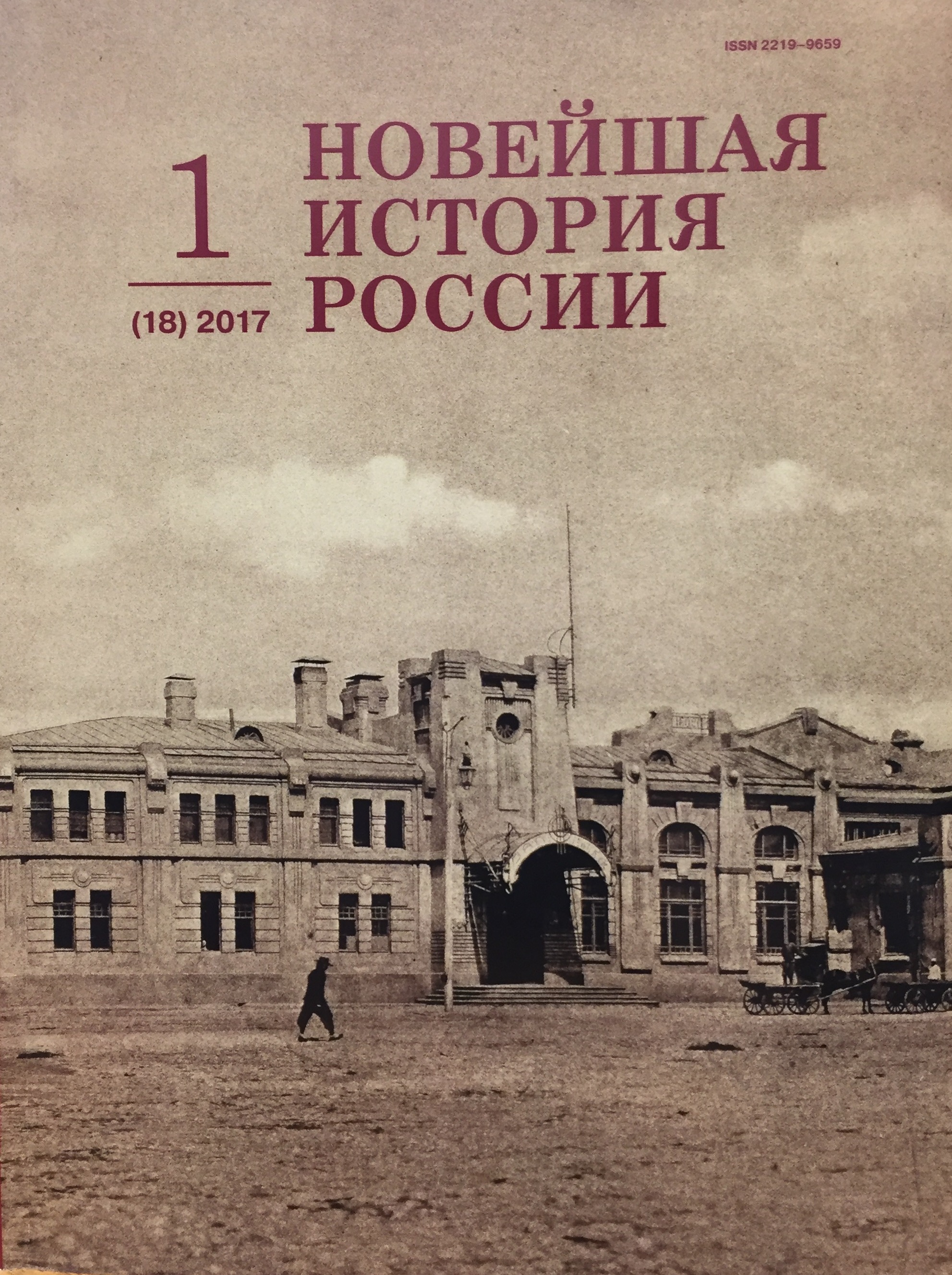Советские исследования арктических островов и архипелагов в 1920-е — 1940-е гг.: особенности отбора, подготовки и мотивации персонала
Soviet Studies of the Arctic Islands and Archipelagos in 1920–1940: Peculiarities of Personnel Screening, Training and Motivation
Author(s): K. S. Zaykov, Aleksandr Alekseevich SaburovSubject(s): History, Social history, Recent History (1900 till today)
Published by: Издательство Исторического факультета СПбГУ
Keywords: Arctic; research; USSR; personnel; science; expeditions; polar stations; Northern Sea Route
Summary/Abstract: The paper analyzes staffing of the Soviet studies of the Arctic islands and archipelagos in 1920–1940 on the basis of a complex of archival materials and published sources. The peculiarities of personnel screening, training and motivation of scientific expeditions and polar stations are studied. Staffing system, which was formed in 1920–1940 period of the staffing system of the national scientific activities in the Arctic, which had not been carried out on a regular basis before the Russian revolution. The beginning of the 1920s was characterized by the lack of specialized training programs, poor conditions of wintering, low salaries and poor-quality supply of food and clothing for polar scientists. The successes of that period were provided mainly by professionalism and enthusiasm of experienced researchers — heads of the scientific institutions (R. Samoylovich, V. Vize, N. Matusevich, I. Mesyatsev). In the prewar decade after the establishment of the Main Directorate of the Northern Sea Route an effective system of the Soviet Arctic research staffing was created. It included the selection and motivation of polar explorers through the Communist party, development of special educational programs for researchers, introduction of new forms of work organization, benefits and material support for workers beyond the Arctic Circle, high social status of Arctic explorers. However, talented scientists and managers along with other polar explorers suffered in the result of political repressions of the 1930s, which had a negative impact on the development of the Soviet polar scientific school.
Journal: Новейшая история России
- Issue Year: 7/2017
- Issue No: 18
- Page Range: 78-93
- Page Count: 16
- Language: Russian

